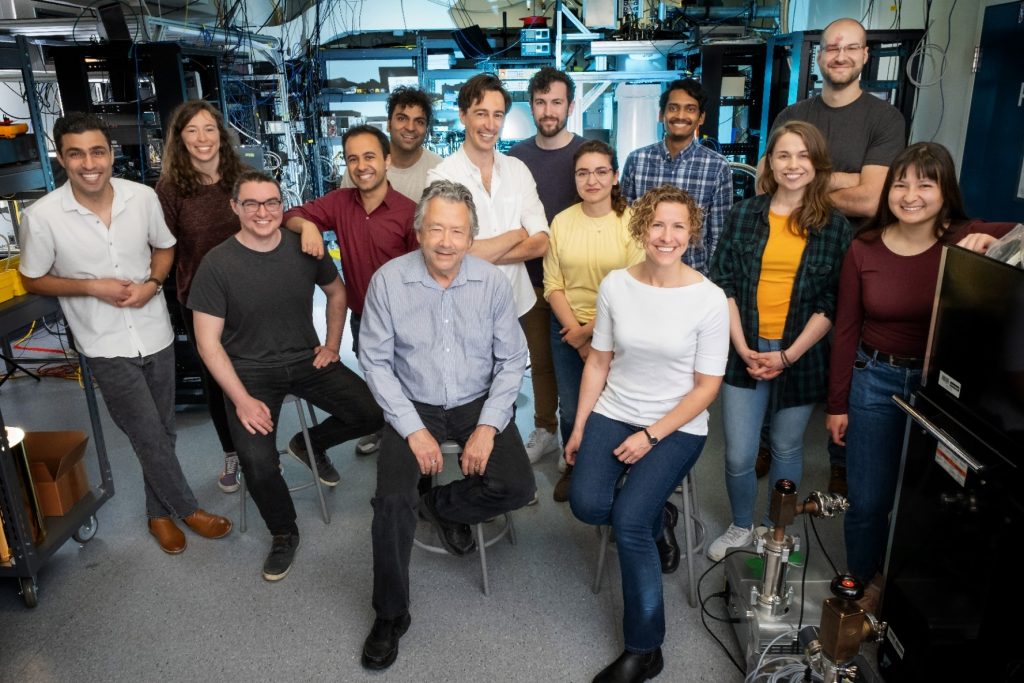Researchers with the Simon Fraser University’s (SFU) Silicon Quantum Technology Lab have observed “silicon T centre photon spin qubits.” The finding represents proof of principle that the T centre, described as “a specific luminescent defect in silicon,” can support a photonic link between qubits, a finding that further expands on the value of silicon as a basis for qubits and quantum computers, and which could have impact on future quantum internet developments.
The research was published in Nature by Daniel Higginbottom, Alex Kurkjian, and other co-authors. The lab is part of SFU’s Physics Department, co-led by Stephanie Simmons, Canada Research Chair in Silicon Quantum Technologies and Michael Thewalt, Professor Emeritus.
Asked if the results of the research will be applied commercially by an SFU spin-off or a partner firm, Simmons told IQT News by email, “This research will continue to grow at SFU, and the commercialization arm of this research direction is Photonic Inc, which is currently in stealth mode.” Simmons is the founder and chief quantum officer of Photonic Inc.
The publishing of SFU’s research findings comes as Quix Quantum and other firms have been pushing ahead on the development of photonic quantum computers.
“This work is the first measurement of single T centres in isolation, and actually, the first measurement of any single spin in silicon to be performed with only optical measurements,” Simmons said in a statement issued by SFU.
The SFU statement goes into the finding in greater detail, but essentially it lends greater support to the notion that silicon–and silicon manufacturing capabilities that already exist on a massive scale throughout the semiconductor industry, can be leveraged in producing quantum processors
“By finding a way to create quantum computing processors in silicon, you can take advantage of all of the years of development, knowledge, and infrastructure used to manufacture conventional computers, rather than creating a whole new industry for quantum manufacturing,” Simmons said. “This represents an almost insurmountable competitive advantage in the international race for a quantum computer.”
Dan O’Shea has covered telecommunications and related topics including semiconductors, sensors, retail systems, digital payments and quantum computing/technology for over 25 years.
Photo caption: Simon Fraser University’s Silicon Quantum Technology team. Stephanie Simmons pictured front right.
